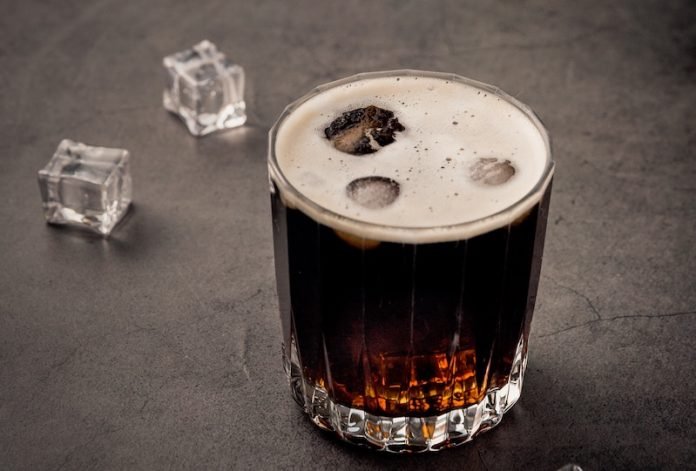
Ketamine is a potentially useful tool in treating depression that still has unanswered questions.
In a new study, researchers found that ketamine can decrease alcohol consumption in male rats that previously had consumed high amounts of alcohol when given unrestricted access several times a week.
The research was conducted by a team from Florida State University.
Ketamine is a promising frontier in psychiatric treatment. Existing antidepressants don’t work for all patients, so scientists are looking for other effective options. Ketamine is one possibility.
In March 2019, the U.S. Food and Drug Administration approved a nasal spray that includes a form of ketamine for use on patients with depression who didn’t respond to other treatments.
But doctors still have questions about how ketamine works.
In this study, researchers examined how ketamine affected alcohol consumption and how that alcohol intake affected their self-administration of ketamine.
The major finding was that high-alcohol intake male rats displayed a big reduction in alcohol consumption after a regimen of ketamine compared to rats that received a saline solution.
The effect lasted for at least three weeks even after stopping ketamine treatment, suggesting a long-term benefit of ketamine in reducing alcohol use.
The team says if a similar thing happened in humans, one could imagine that after a short treatment with ketamine, alcoholic patients would cease alcohol intake for a couple of years.
The team also found that ketamine didn’t affect high-alcohol female rats, and interestingly, it increased drinking in low-alcohol females.
Future clinical studies for men and for women are needed before ketamine is used as a therapy for alcoholism in either sex.
The lead author of the study is Mohamed Kabbaj, a professor of Biomedical Sciences and Neuroscience in the College of Medicine.
The study is published in the neuroscience journal eNeuro.
Copyright © 2019 Knowridge Science Report. All rights reserved.



